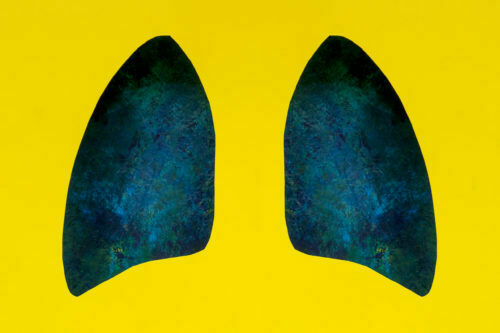Healthcare is expensive, and paying for it without health insurance is almost impossible unless you’re wealthy. The United States may have the best healthcare in the world, but it’s also the most expensive.
If you’re the primary caregiver for an elderly parent who has Alzheimer’s or some other form of dementia, then they must have insurance. Continue reading to learn what you need to know about insurance before choosing a policy.
Medicare probably won’t cover everything.

Senility is one of the most common health problems associated with old age, and it makes health insurance coverage an absolute necessity. Most people receive Medicare once they reach retirement age. Medicare is a health insurance program specifically for seniors and people with disabilities. Even though Medicare patients have to see doctors more than most other patients, the coverage plan usually doesn’t cover everything.
Older adults often have to get a Medicare advantage plan to supplement some healthcare costs that their regular Medicare plan doesn’t cover. An advantage plan covers medical needs like vision and dental and may help pay for medical equipment. The key is to shop around for the best supplemental plan to ensure that your loved one gets health coverage for all their needs.
You’ll probably have to choose between a low deductible and a high premium or vice versa.

When you’re shopping for healthcare coverage, you’re probably going to hear the terms premium and deductible quite frequently. So, what are premiums and deductibles? Glad you asked.
Most health insurance plans come with what’s called a deductible. Your deductible is the amount you have to pay for medical costs every year before your health insurance policy begins covering your healthcare costs. The higher your deductible is, the more you will have to pay out of pocket before your health coverage kicks in.
The premium is how much you have to pay for your health coverage plan, and you pay it monthly. Usually, higher premiums mean lower deductibles. Getting a plan with a high premium means that your monthly insurance bill will be higher, but your deductible will be lower. So, the question is, would you rather have a higher premium and lower deductible or a lower premium and a higher deductible.
If you already have a healthcare provider, you may have to find a new one.
When you start shopping around for health insurance, you’ll notice that every insurance company has a list of doctors that are in their insurance network. You pay less out of pocket when you select a doctor within their network. If you choose a doctor outside of the network, then your insurance may not cover your visits to that doctor at all. Unfortunately, even if you have a doctor you love, you may have to find a new one if they’re not in your insurance network.

Finding the right doctor for you and your family can be difficult. The best way to find the right primary care physician for your family is to ask your co-workers. If you get health insurance through your employer, you and your coworkers are probably in the same network. They’ll be able to give you plenty of insight when it comes to which doctors in the network they prefer.
You may want to set up a healthcare savings account.
Since you know you’re going to have a deductible with your insurance plan, you might as well be prepared for it. The best way to manage deductible costs is to set up a healthcare savings account. With a health savings plan, you can put nearly $4,000 pre-tax dollars in a savings account to be used for medical costs. You can use the money however you like, but long as you use the money for health expenses, you won’t have to pay taxes on it when you withdraw it.




